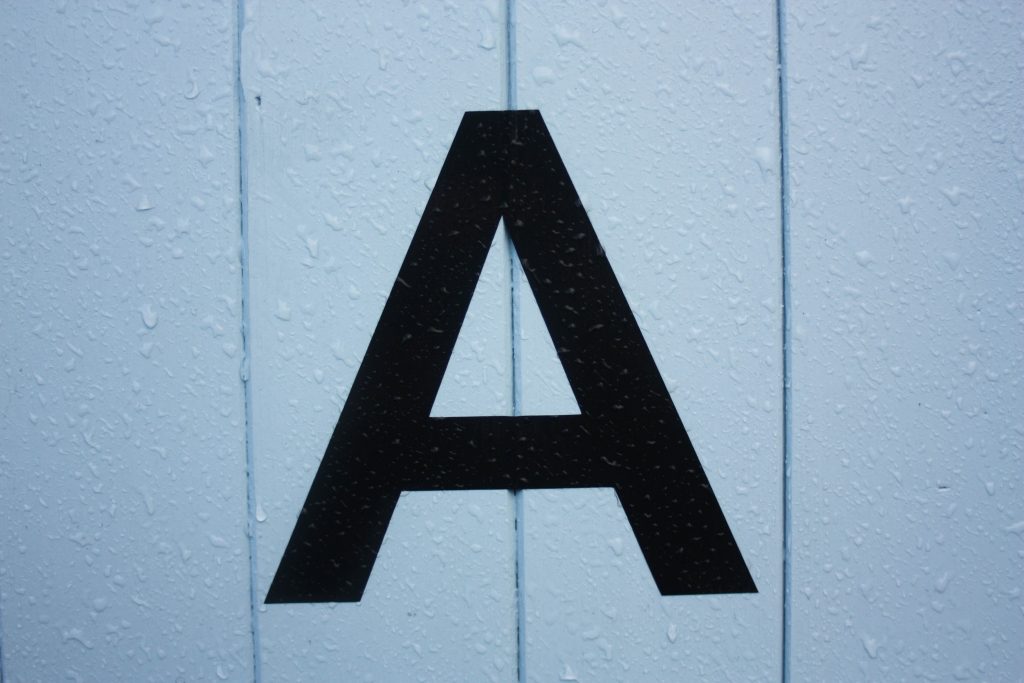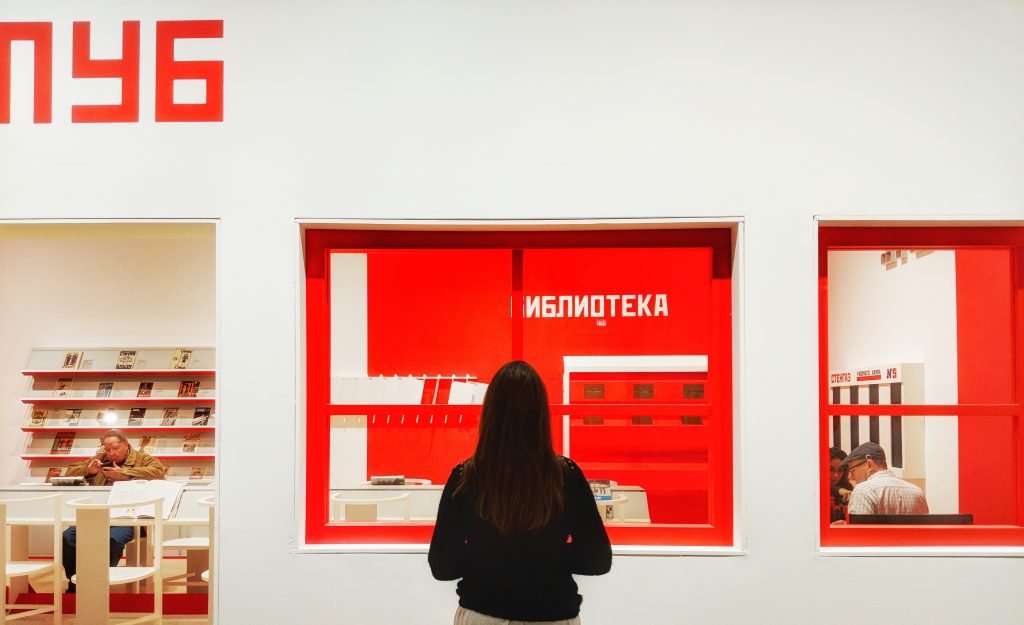Why You Should Learn to Read Russian Vowels Posted by Maria on Feb 7, 2019 in Russian for beginners
The Russian alphabet is one of the first challenges a prospective student runs into. We have posted some advice for learning the alphabet on this blog, but if you don’t know where to start, start with the vowels. Learning to read and pronounce Russian vowels is a manageable task that has many benefits.
Only 10 Vowel Letters
The Russian alphabet only has 10 vowel letters. Here they are, listed alphabetically, in an uppercase and a lowercase form. Their names correspond to the way they are pronounced in isolation (if that makes sense).
- Аа—ah
- Ее—yeh
- Ёё—yaw
- Ии—ee
- Оо—aw
- Уу—ooh
- ы—listen here, does not normally occur at the beginning of a word
- Ээ—eh
- Юю—you
- Яя—yah
Only 6 Sounds (Or Even 5?)
What’s more, there are only 6 sounds (some researchers argue there are actually only 5)! Why is that? Because 4 of the letters are often pronounced as Йй (и кра́ткое, ee kratkoye, “y” consonant sound) plus another vowel. In other cases, they are pronounced like another vowel, but the consonant before them becomes “soft” (palatalized). Here is a handy table explaining the pronunciation of these 4 letters.
| Letter | Pronunciation at the beginning of a word, after another vowel, ь or ъ | Pronunciation after a consonant |
|---|---|---|
| Я | й+а | a |
| Ю | й+у | у |
| Е | й+э | э |
| Ё | и+о | о |
So, all in all, we have 6 vowel sounds:
- [а]
- [э]
- [и]
- [о]
- [у]
- [ы]
Similar to Latin
Both the Latin and the Cyrillic alphabet have their roots in the Greek alphabet, so some letters have a similar look and sound in Russian and other European languages that use the Latin alphabet.
- А is similar to A
- Е is similar to E, especially if you see it as the German or Spanish “e” and not the English “ee”
- О is similar to O, again especially in languages that don’t pronounce it as “oh”
Distinguish Meanings
Like in many other languages, words that differ by one sound will have different meanings in Russian. For example, мы́ло (mylo) is “soap,” but ми́ло (milo) means “cute.” And neither of them sounds like the name Milo. 🙂
Learning to recognize the vowel letters and to pronounce the corresponding sounds will help you distinguish between similar-sounding words.
Hopefully, this has encouraged you to learn or brush up on your Russian vowels. Is there any letter or sound that you struggle with?

Build vocabulary, practice pronunciation, and more with Transparent Language Online. Available anytime, anywhere, on any device.







Comments:
Homer Mershon:
Easier to base Russian vowels on standard a-e-i-o-u
a а
Maria:
@Homer Mershon That could be a good starting point, especially if you go by these sounds, say, in Spanish and not in English. 🙂
Mark:
I have a couple comments on the pronunciation guide:
“Ёё—yaw” – in standard English pronunciation, “yaw” is the same pronunciation as yah, but Ё is always pronounced as “yo” with a hard O (or “oh”) sound…which leads me to:
“Оо—aw” – “aw” is pronounced the same as “ah” but in Russian “O” is always a hard O in isolation. Unstressed in a word is the only time it is reduced to a sound similar to a Russian “A” or “ah”.
And that makes the statement “О is similar to O, again especially in languages that don’t pronounce it as “oh”” a little confusing since the Russian “O” is pronounced as “oh”.
Also, “A” in Russian is similar to “A” in English, but is always pronounced “ah”, whereas in English it can be a hard A like in “mate” or “date” or an “æ” sound like in “cat” or “bat”, Russian “A” can’t make any of those sounds.
I’ve also always found that trying to talk about the whole “soft” consonant thing often confuses things because when you hear a word like “пять” or “мясо”, palatalization or not…you still hear a “ya” sound like pyat and mya-sah rather than paht and mah-sah.
Maria:
@Mark Excellent point, Mark. This is why learners should really go by Forvo/Google Translate audio and not by the English phonetics. “Aw” may be pronounced differently in different parts of the US, not to mention the UK or other English-speaking countries. The English transliteration is really a crutch until the student learns to associate the written letters with the Russian sounds.
LJ:
Nice content! For how a vowel sounds like, I recommend including a word in english with a vowel that sounds similar so that readers will have a baseline. For example, you mentioned that ё sounds like “yaw”. I understand that “yaw” is how it should sound like. An English word with a similar vowel sound would be yolk.
Including a reference word would reduce confusion because in some languages, like Tagalog for example, reads “yaw” as “yiao”.